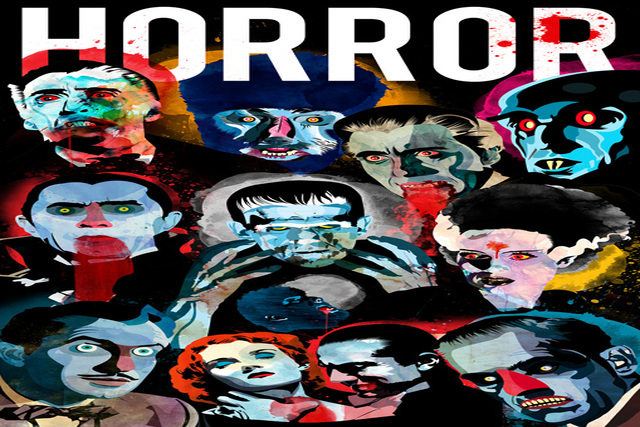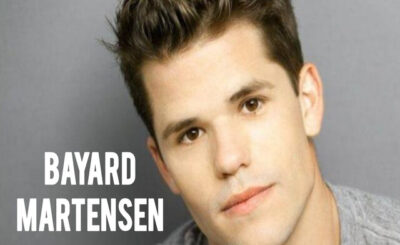Horror movies of the 1970s represent a pivotal era in the genre, characterized by a blend of innovation, psychological depth, and unsettling themes that reshaped the landscape of cinema. Some of the most recognizable and popular horror movies in history were released during this decade, which saw a shift in social conventions and an increase in worldwide fears.
With their distinct takes on terror, the best horror movies 1970s redefined the style, going beyond the traditional monster movie and exploring deeper anxieties. Films from this era explored the human mind by fusing supernatural elements with everyday worries, leaving a lasting impression that still has an impact on the field today.
Table of Contents:
The Origin of Supernatural and Psychological Horror
One of the most significant changes throughout the 1970s was the rise of psychological and supernatural terror in horror films. This decade abandoned traditional monster and killer traditions in favor of psychological horror and the paranormal. Instead, it embraced a new direction in horror storytelling.
In 1973, “The Exorcist”
It is the perfect illustration of this movement. The film, by William Friedkin and was based on a novel, examines the horrifying possession of a young girl and the two priests who exorcise her afterward. Its eerie ambiance, avant-garde special effects, and riveting performances make it a classic of 1970s horror and a genre-defining work.
Rosemary’s Baby, (1968)
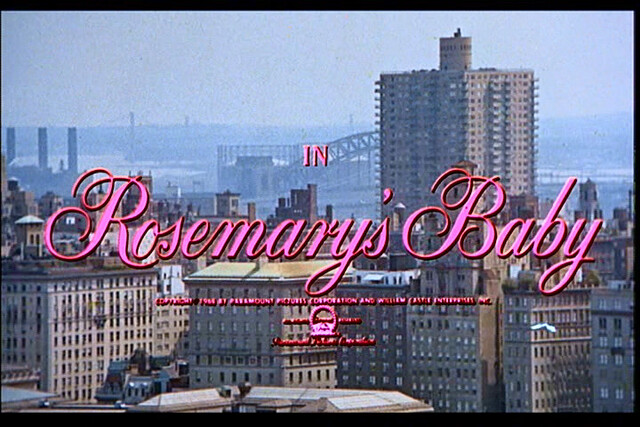
Despite being published towards the end of the 1960s, it had a big influence on 1970s horror. Many 1970s horror films exploring the unknown were influenced by Roman Polanski’s film about a pregnant woman suspecting evil intentions from her husband and neighbors.
Social and Political Unrest’s Effects
The 1970s were a time of significant social and political upheaval, and many horror movies from 1970 and beyond reflected the anxieties and the fears of the era. These movies frequently dealt with issues of violence, mistrust, and the disintegration of social values. For example, they often portrayed societal breakdowns and personal turmoil.
Tobe Hooper directed, Texas ChainSaw Massacre in 1974.
The film is a perfect illustration of fear which reflects public anxieties. The film’s realistic portrayal of a cannibal family and its unvarnished, documentary-style aesthetic struck a chord with viewers, setting a new standard for horror’s power to shock and unsettle.
John Boorman, who directed the 1972 film Deliverance
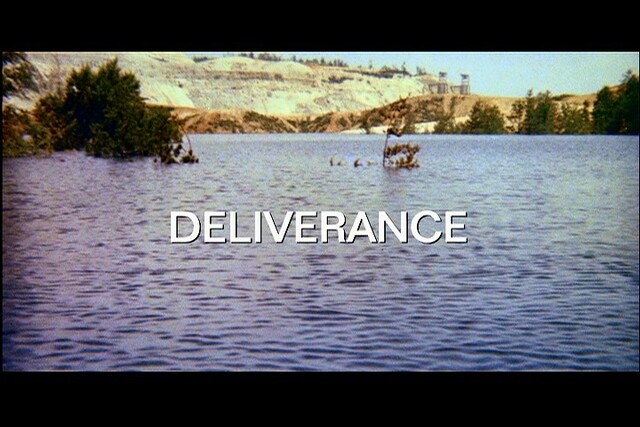
Despite not being a conventional horror movie, it effectively conveys the fear of both the unpredictable aspect of nature and human violence. The terrifying story of a group of men who experience violence while canoeing captures the fears of the decade regarding the collapse of civilization and the risks that lie ahead in the wild.
A Look Back at Classic Horror Movies from the 1970s
Filmmakers released many classic horror movies in the 1970s that have since become field mainstays. In addition to defining the decade, these movies also established new benchmarks for terror and narrative.
John Carpenter directed “Halloween” in 1978.
Its invention of the killer concept transformed the horror subgenre. Many scary movies are inspired by Michael Myers, a masked murderer who escapes a mental hospital to terrorize teens on Halloween.
Steven Spielberg directed “Jaws” in 1975.
Despite being more of a thriller, it had a big impact on the world of horror. The film’s gripping portrayal of a gigantic shark frightening a small beach village demonstrated the potency of a skillfully designed creature movie.
Examining Strange Horror Films of the 1970s
Most reviews of 1970s horror movies focus on well-known titles, but some lesser-known ones are worth seeing. The distinctive and occasionally frightening experiences provided by these movies add to the decade’s rich horror scene.
In 1973, Robin Hardy directed “The Wicker Man”
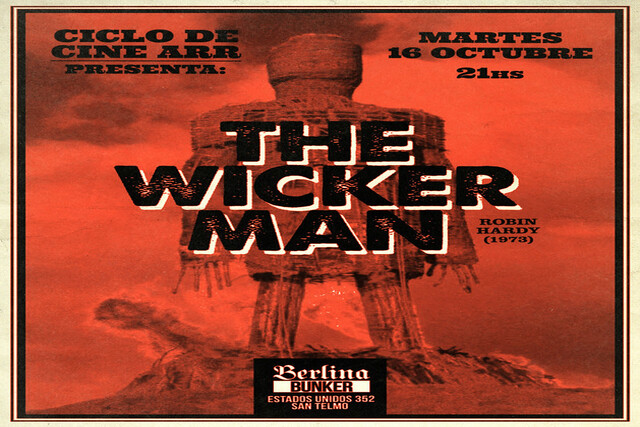
It stands out among obscure 70s horror movies. In the movie, a police detective investigates the disappearance of a girl on a secluded island where locals practice strange pagan rituals. It has a cult following due to its surprising finish and eerie atmosphere.
Nicolas Roeg directed “Don’t Look Now” in 1973.
this film provides a terrifying psychological horror encounterThis poignant tale combines emotional depth and a sense of atmospheric dread as a mourning couple encounters a mysterious psychic woman in Venice.
Richard Donner directed “The Omen” in 1976.
Though other 1970s masterpieces frequently eclipse it, it is not precisely obscure. Its tale reveals a little child to be the Antichrist, effectively building suspense and including paranormal aspects.
Discovering Horror Films from the 1970s
Fans can now easily explore 1970s horror films on YouTube. 70s horror movies full YouTube and other streaming services allow viewers to access both well-known and obscure titles.But we must ensure that these movies are posted lawfully and in accordance with copyright regulations.
Criterion Channel and Shudder offer curated 1970s horror films, both popular and obscure. To improve the viewing experience, these services frequently incorporate extra material like interviews and behind-the-scenes tidbits.
1970s horror movies music
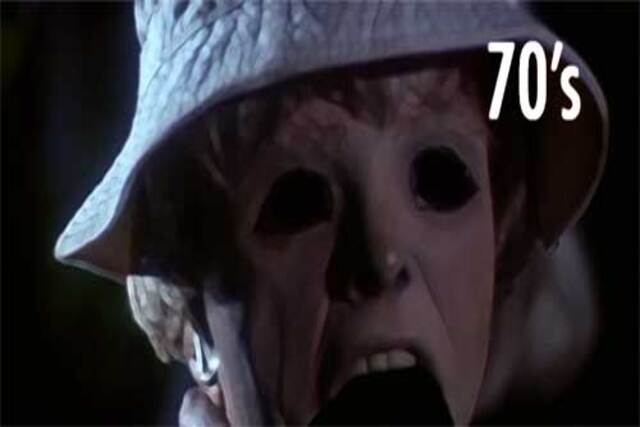
During the 1970s, music was a major factor in creating the mood and increasing the creep factor of horror movies. This decade’s soundtracks used eerie, simple compositions to heighten fear, shaping 1970s horror and showcasing music’s impact.
Conclusion
The best horror films from the 1970s capture a pivotal time in the genre that was characterized by deep psychological meaning, inventive narrative, and a mirroring of society fears. In particular, they showcased an evolution in how horror narratives explored human psychology. A wide variety of films from the decade, from well-known masterpieces to little-known treasures, had a profound effect on the film industry. Exploring these films through platforms offering 70s horror movies full can provide a deeper appreciation for the era’s contributions to the genre. 1970s horror’s timeless tales of suspense and terror still captivate audiences and inspire new filmmakers.

